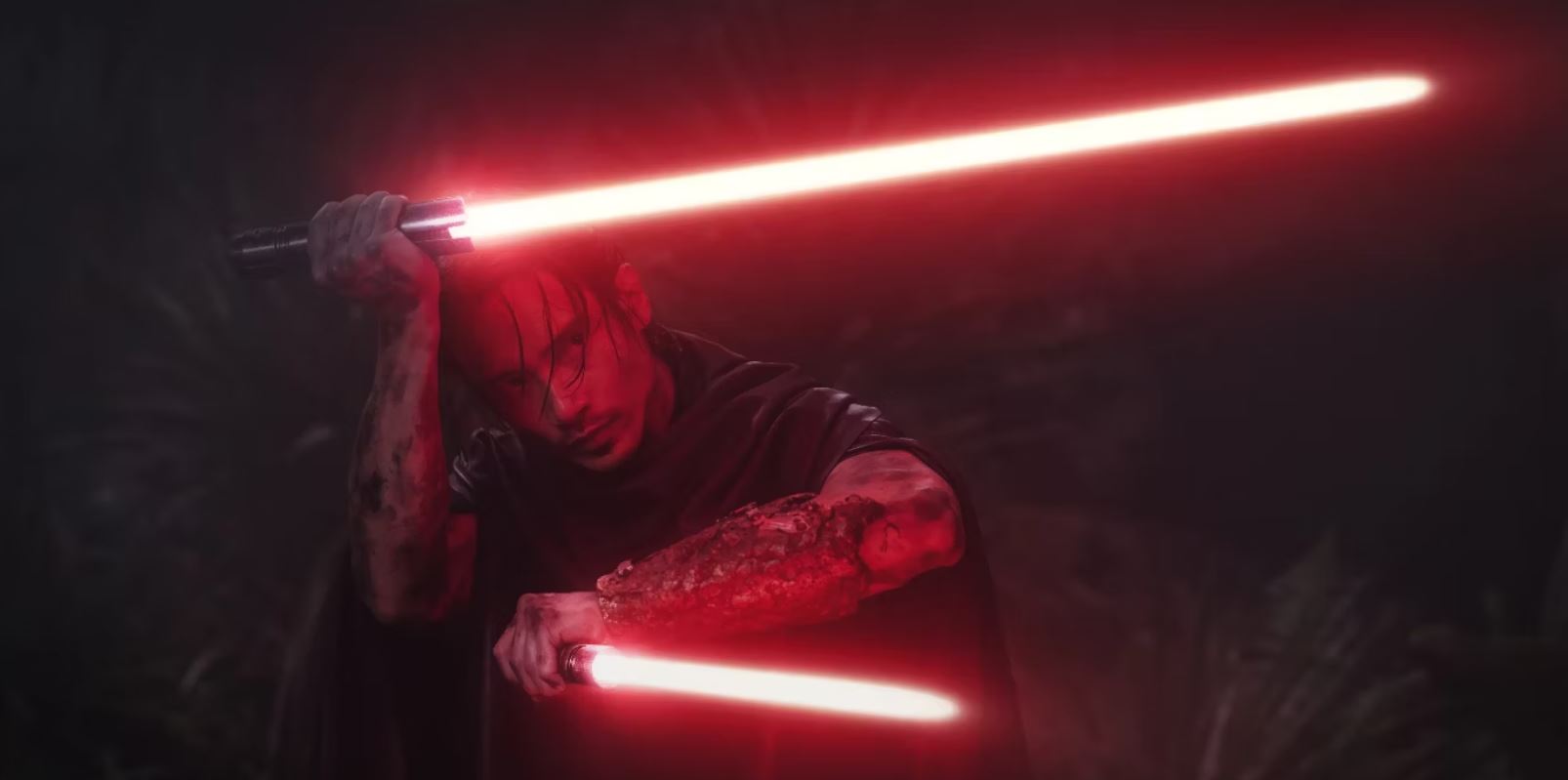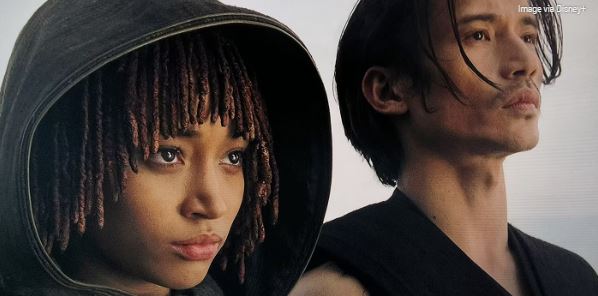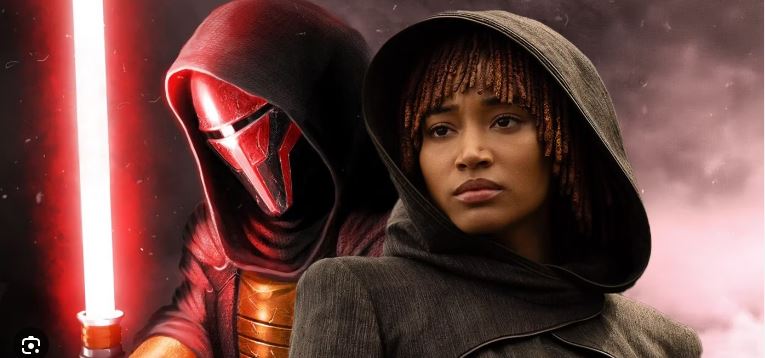Few fans would argue against the idea that Star Wars is struggling these days, but the cancelation of The Acolyte hits particularly hard and poses an ominous sign for the franchise. Whatever flaws it might have had, the series was unique and gave us a distinctly complex view of the Jedi, making viewers question their previous assumptions through new characters in a very different era. Furthermore, the show introduced Star Wars to a new audience, some of whom now feel abandoned and will likely be hesitant to stay with the franchise.
Although there is a chance that the story might later be finished in a different format, the few plans the show had for another season have likely been lost. While it might make sense from a short-term business perspective, losing The Acolyte has already been a victory for the most toxic parts of the fanbase, which could also leave marginalized fans feeling not only unrepresented but unwelcome. With a studio that already feels averse to risk and a fanbase that is facing difficulties with gaining new members, The Acolyte’s cancellation leaves Star Wars in a more precarious place than ever and places its long-term viability into question.
Regardless of Its Flaws, ‘The Acolyte’ Was Still Unique

In a franchise that has grown stale and relies too much upon nostalgia to draw in fans, Star Wars has become almost desperate for new and enticing stories. Arguably, this is where the franchise often thrived, with the few installments that risk covering new material being widely seen as the best since the new era began. Since Rogue One, though, most other films and shows focus on characters, settings, and time periods we’ve already seen, usually brought together by the Skywalker saga in one form or another. As a High Republic storyline, The Acolyte felt very fresh by showing us a new history never shown on-screen before. However, it was the exception instead of the rule, and the few projects with similar creative potential remain in limbo. Since Andor is finishing its final season next year and Skeleton Crew is a limited series, The Acolyte felt like the only other new show Lucasfilm has left in its arsenal.
While it remains far from perfect, The Acolyte still deserves to be celebrated for its boldness. In terms of themes, the show does much to challenge viewers about their views regarding the Jedi and question the morality of their cause and justifications. Through Mae and Osha (Amandla Stenberg) and their parallel stories as twins, we get two unique arcs that mirror each other and create new possibilities. The show is also unique for introducing a new romantic framing to the Dark Side of the Force, one that portrays it as liberating and openly rejects the simplistic moral binary of the franchise. While Andor did this earlier with the Rebellion, The Acolyte was the first to apply it to both the Jedi and Sith, which is arguably what the franchise is most known for exploring.
Despite Everything Else, Star Wars Is Primarily a Visual Medium
With its cancelation, a whole series of potential stories in The Acolyte has been brought to an abrupt end, which will likely frustrate both hardcore fans and completionists alike. Even when putting aside its cliffhanger, the finale leaves multiple questions unanswered, ideas that are now at risk of being lost. However, the expansive nature of the franchise and its long history with other media still means there is a chance the story might be finished elsewhere in another format. This would not even be unprecedented, as the franchise has already done this with other characters whose shows were canceled before their arcs were completed. An outright revival like The Clone Wars received might be improbable, but it’s not at all impossible to imagine a scenario where we see characters like Qimir (Manny Jacinto) come back with a vengeance. After all, is that not why many of these expanded stories were made in the first place?
There might be some hope for future stories, but something would also feel lost if they were only allowed to occur in other mediums. Although the High Republic book series is expansive, a large portion of fans will likely never read them. Having the journeys of Mae and Osha relegated to the printed page simply does not compare with what can play out on-screen. It’s one thing to read about a fantastic lightsaber battle, but it’s another to see the choreography play out in real-time. Although no continuation has been drafted yet, it might feel altogether different from what a second season would have promised. Finishing the story of these characters might satisfy the completionists in the audience, but it simply would not feel the same.
Canceling ‘The Acolyte’ Deprives Star Wars of New Potential Viewers

One thing that should not be dismissed when discussing The Acolyte would be the diversity of the new team behind it. Series creator Leslye Headland is a gay woman and has been adamant about expanding the franchise to more audiences. In addition to Stenberg and Jacinto, Lee Jung-jae plays Sol in his first English-language performance, which stands out as one of the best in the show. Many fans saw themselves in Star Wars for the first time, but that sense of identity has now been ripped away from them, hence why a new petition for The Acolyte’s renewal is going strong. Since many streaming services are notorious for canceling so many shows after one season and never giving time to grow, this will make it even more difficult for fans to get excited about future projects, which creates a deadly cycle. In the current environment, it does not feel like a stretch to say that a series such as The Clone Wars, which took years to find its footing but also defined Star Wars for a generation, would not have survived today.
Addressing the rancor in the room, the optics of the cancelation also remain worth considering. While flaws in the show itself and priorities in the age of streaming can account for the decision, Star Wars has also had a long history of toxicity in the fanbase, and this show is no different. Erasing the only show with a diverse cast has already made the worst corners of the fandom feel emboldened, regardless of what the studio intended. The series itself has always embraced diversity, and if we want marginalized fans to feel safe and welcome, it should continue to do so. For a series struggling to gain new fans or appeal to old ones, this demographic crisis is the last thing Star Wars needs, and it leaves the future of the franchise ever more in doubt going forward.
